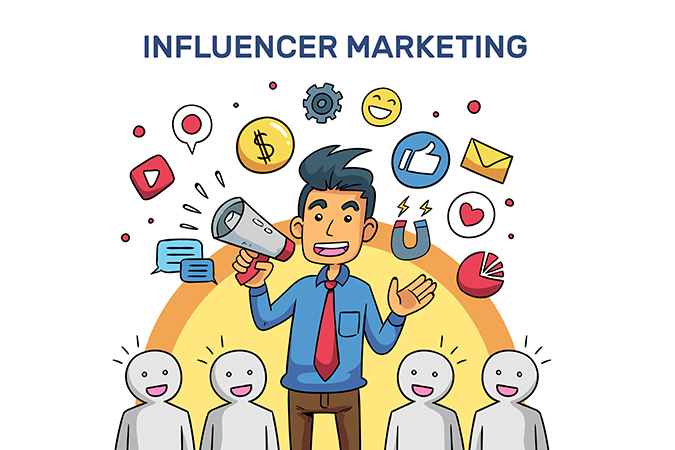In the ever-evolving landscape of digital marketing, businesses are continually seeking strategies that promise growth, expansion, and increased revenue. With the proliferation of online platforms, tools, and tactics, it’s easy to fall into the trap of assuming that digital marketing initiatives alone are a guaranteed pathway to success. However, the reality is far more nuanced. While digital marketing can be a powerful driver of growth, its effectiveness hinges on various factors that extend beyond mere implementation. Let’s delve deeper into this question to understand the complexities involved.
Choosing an agency for digital marketing work offers a multitude of benefits that can significantly impact the success of your business. With specialized expertise across various disciplines such as SEO, social media marketing, content creation, and web development, agencies bring a depth of knowledge and experience that may be challenging to replicate in-house. By partnering with a digital marketing agency, you gain access to a dedicated team focused on delivering tailored strategies aligned with your business goals, allowing you to maximize your online presence, engage your target audience effectively, and achieve tangible results.
Understanding the Nature of Digital Marketing:
Digital marketing encompasses a broad spectrum of activities aimed at promoting products, services, or brands through online channels such as websites, social media, search engines, email, and more. It offers unparalleled opportunities for reaching target audiences with precision, engaging them with relevant content, and driving desired actions, such as conversions and sales.
Factors Influencing Digital Marketing Effectiveness:
- Strategy Alignment: Successful digital marketing begins with a well-defined strategy aligned with the overarching goals and objectives of the business. A strategy that lacks clarity, specificity, or coherence is unlikely to deliver meaningful results, regardless of the tactics employed.
- Target Audience Understanding: Knowing your target audience inside out is essential for crafting compelling digital marketing campaigns. Understanding their demographics, preferences, behaviors, pain points, and aspirations enables you to tailor your messaging and offers to resonate with their needs effectively.
- Quality of Content: Content lies at the heart of digital marketing. Whether it’s blog posts, social media updates, videos, or emails, the quality, relevance, and value of your content play a pivotal role in capturing audience attention, building trust, and driving engagement.
- Consistency and Persistence: Rome wasn’t built in a day, and neither are successful digital marketing campaigns. Consistent effort, persistence, and a long-term outlook are vital for achieving sustained growth. It’s not enough to launch a single campaign or post sporadically; success requires ongoing optimization, experimentation, and refinement.
- Measurement and Analytics: Effective digital marketing is data-driven. It’s essential to track key performance indicators (KPIs), analyze metrics, and derive actionable insights from the data to optimize campaigns, identify areas for improvement, and maximize ROI.
- Adaptability and Innovation: The digital landscape is dynamic and constantly evolving. What works today may become obsolete tomorrow. Businesses that embrace change, stay abreast of emerging trends and technologies, and are willing to innovate are better positioned to thrive in the digital age.
Challenges and Pitfalls:
Despite its potential for driving growth, digital marketing is not without its challenges and pitfalls. Common pitfalls include:
- Lack of Strategy: Engaging in digital marketing without a clear strategy or defined objectives can lead to wasted resources and ineffective outcomes.
- Overemphasis on Tactics: Focusing solely on tactics without considering the broader strategic context can result in disjointed efforts and suboptimal results.
- Failure to Adapt: Inability or reluctance to adapt to changing market conditions, consumer preferences, or technological advancements can lead to stagnation or decline.
- Ignoring Analytics: Neglecting to monitor, analyze, and act upon key metrics and performance data can hinder optimization efforts and limit growth potential.
Conclusion:
While digital marketing can be a potent tool for driving growth, success is not guaranteed. Achieving meaningful results requires a strategic approach, a deep understanding of the target audience, high-quality content, consistency, measurement, adaptability, and a willingness to learn and innovate. By addressing these factors and avoiding common pitfalls, businesses can maximize the effectiveness of their digital marketing efforts and unlock new opportunities for growth and expansion in the digital age.











